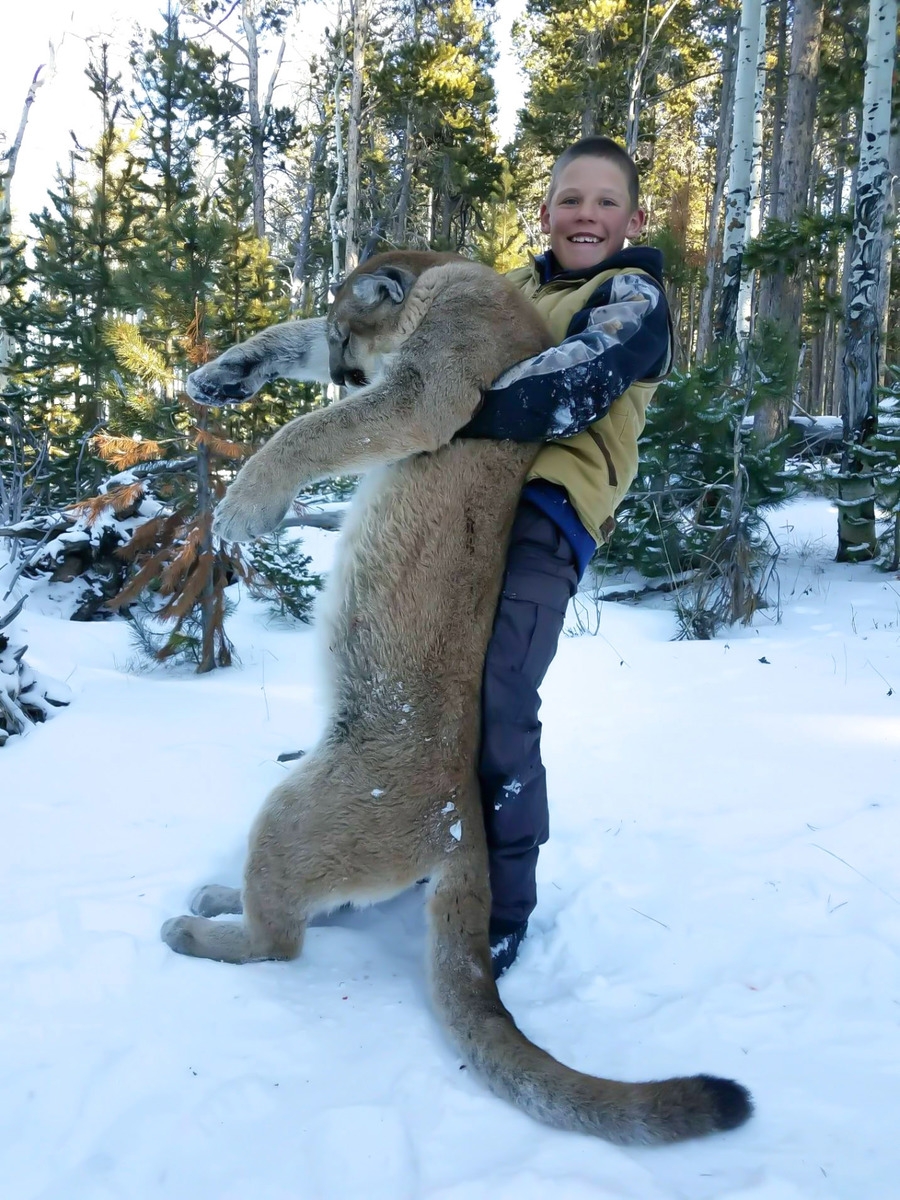Colorado has recently implemented a ban on lion hunting in an effort to protect these majestic animals. The decision comes as a response to concerns over the declining population of mountain lions in the state. This ban has sparked a debate among conservationists, hunters, and the general public.
Mountain lions play a vital role in the ecosystem, helping to control prey populations and maintain a balanced ecosystem. With the ban on lion hunting, it is hoped that the lion population will be able to recover and thrive in their natural habitat without the threat of hunting.
There are mixed reactions to the ban, with some arguing that hunting is necessary to control lion populations and protect livestock. Others believe that hunting these animals for sport is unnecessary and cruel. The ban has also raised questions about the impact of hunting on lion populations and the overall ecosystem.
Supporters of the ban point to scientific evidence showing the importance of mountain lions in maintaining ecosystem balance. They argue that hunting disrupts this balance and can have negative consequences for other wildlife species. By protecting mountain lions, Colorado is taking a stand for conservation and wildlife protection.
While the ban on lion hunting may be controversial, it reflects a growing awareness of the need to protect and conserve our natural resources. As we continue to face environmental challenges, it is important to consider the impact of our actions on the world around us. The Colorado lion hunting ban is a step in the right direction towards preserving our wildlife and natural habitats.
In conclusion, the Colorado lion hunting ban highlights the importance of conservation and wildlife protection. By implementing this ban, Colorado is taking a proactive approach to preserving the mountain lion population and ensuring the health of the ecosystem. It is a reminder of the interconnectedness of all living beings and the need to act responsibly towards our environment.
